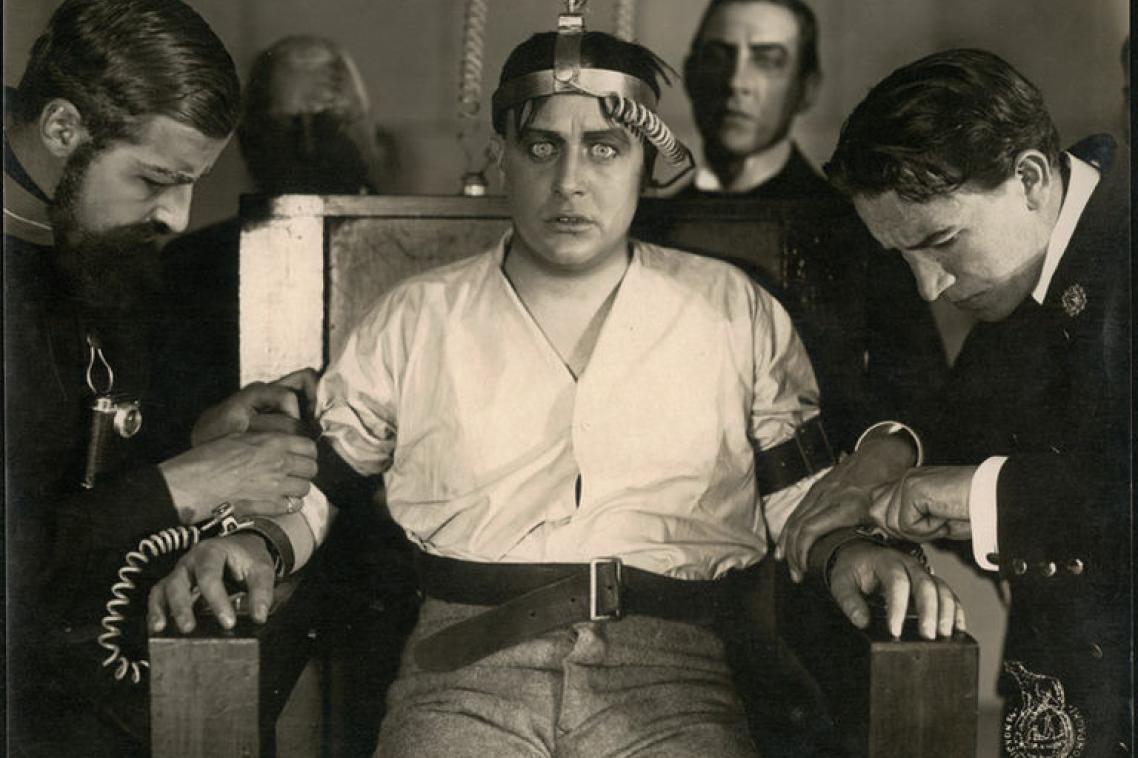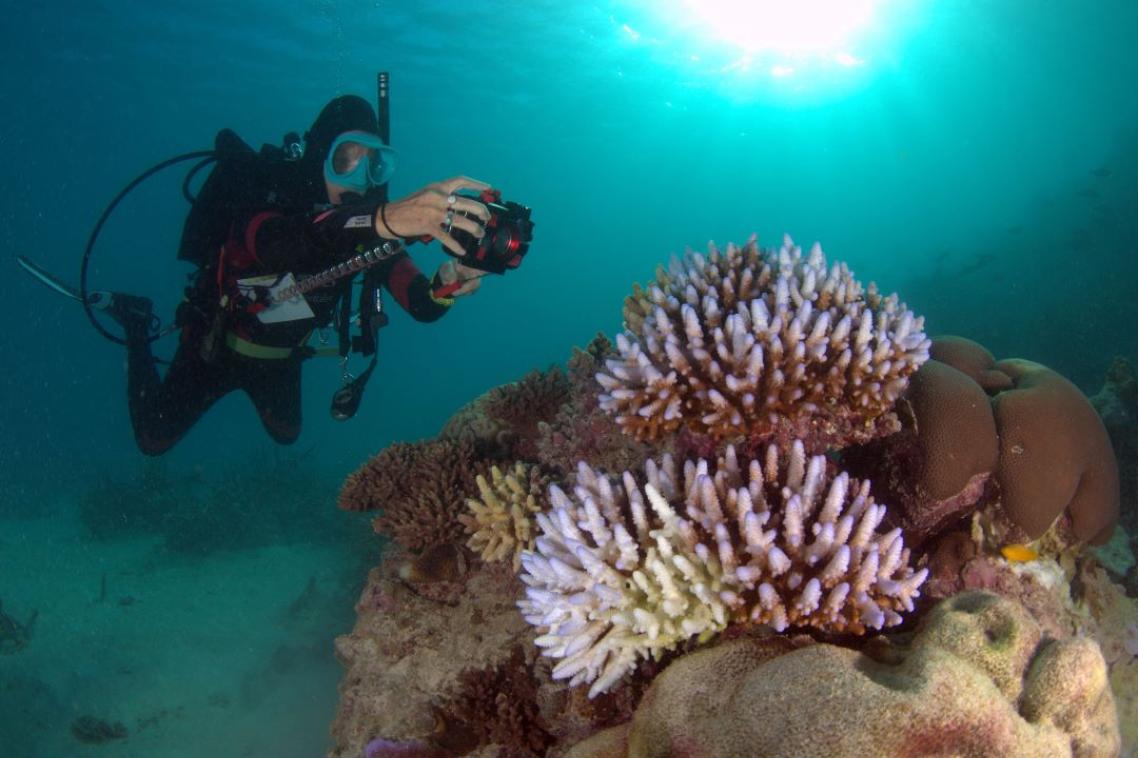The science behind rewards and punishment

In a neuroimaging study, a UQ psychologist has examined whether having allegiances with someone can affect feelings of empathy when punishing and rewarding others.
An international team of researchers, including Dr Pascal Molenberghs from UQ’s School of Psychology, mapped the brain activity while volunteers where giving electroshocks or money to members within or outside their group.
Dr Molenberghs said the research was a first of its kind and demonstrated that different neural responses were involved when delivering rewards or punishment to others.
“When we reward others we activate similar brain areas as when we receive rewards ourselves,” he said.
“However, these areas become more active when we reward members from our own group.
“Previous research has shown that we prefer to give more money to people from our own group, now we can actually show that this is associated with increased activation in reward-related brain areas, which is really exciting.
“The brain responses for punishing others directly revealed a different pattern of activation, one that was typically associated with receiving and seeing others in pain,” Dr Molenberghs said.
The study also found that personality traits influenced activity in these punishment-related brain areas.
People who did not care as much about others, showed less activation in these areas when shocking others, especially when they were shocking out-group members.
Co-author Professor Jean Decety, from the University of Chicago, said the results provided important insights into why some people don’t care as much when hurting others.
“Empathy and sympathy are necessary abilities to understand the potential consequences decisions will have on the feelings and emotions of others, even if the recipients of those decisions belong to a different group,” he said.
The study was published in the journal of Human Brain Mapping, which is the leading journal in the field of radiology, nuclear medicine and medical imaging.
Media Contact: Faculty of Health and Behavioural Sciences Senior Media and Communications Officer Helen Burdon, +61 7 3365 7436, h.burdon@uq.edu.au.
Related articles

Thousands of Queensland reef photos lead to worldwide change
“Art Museums are the site of public forum.”
Media contact
UQ Communications
communications@uq.edu.au
+61 429 056 139
